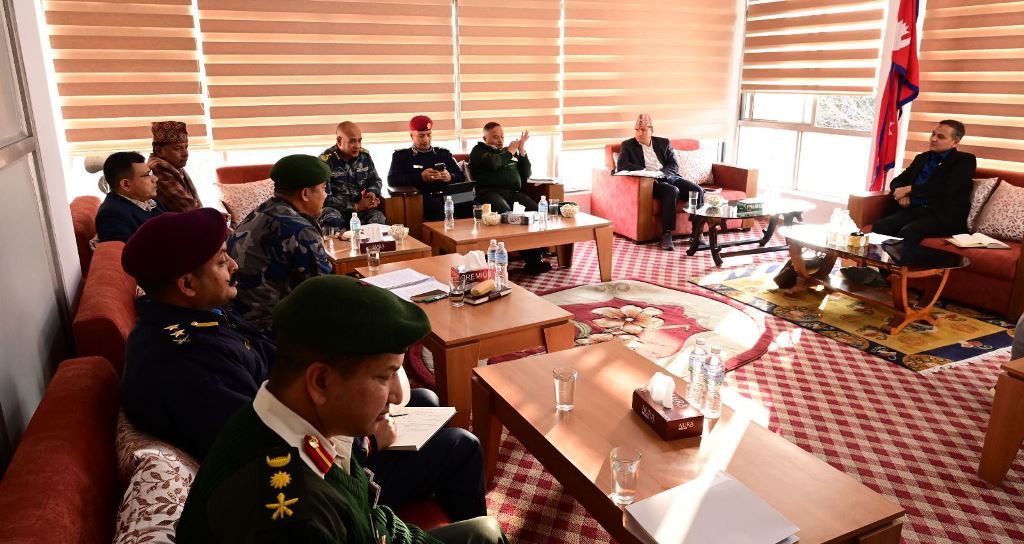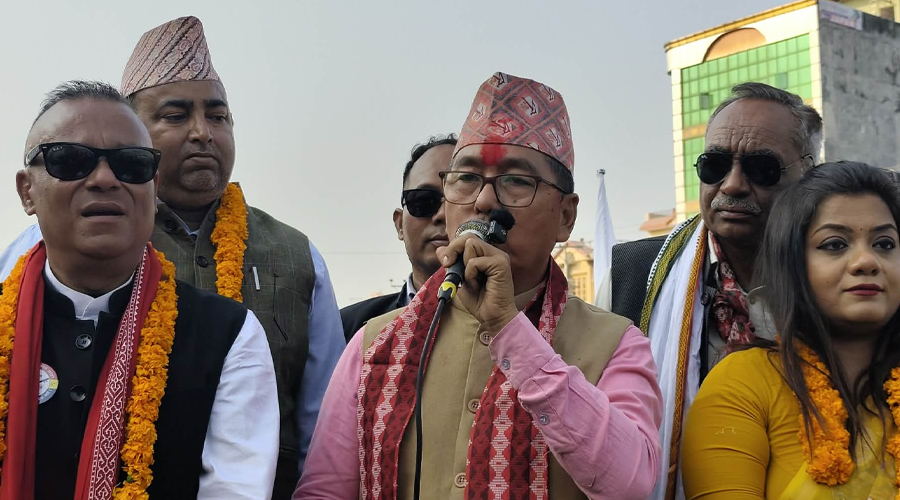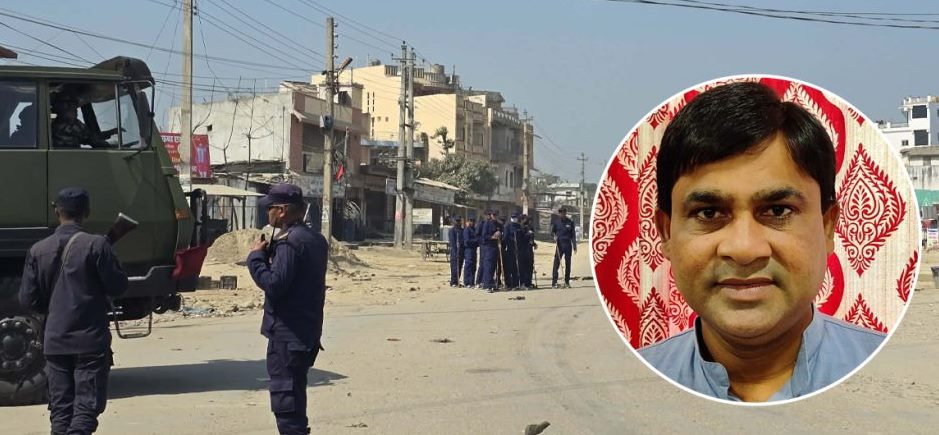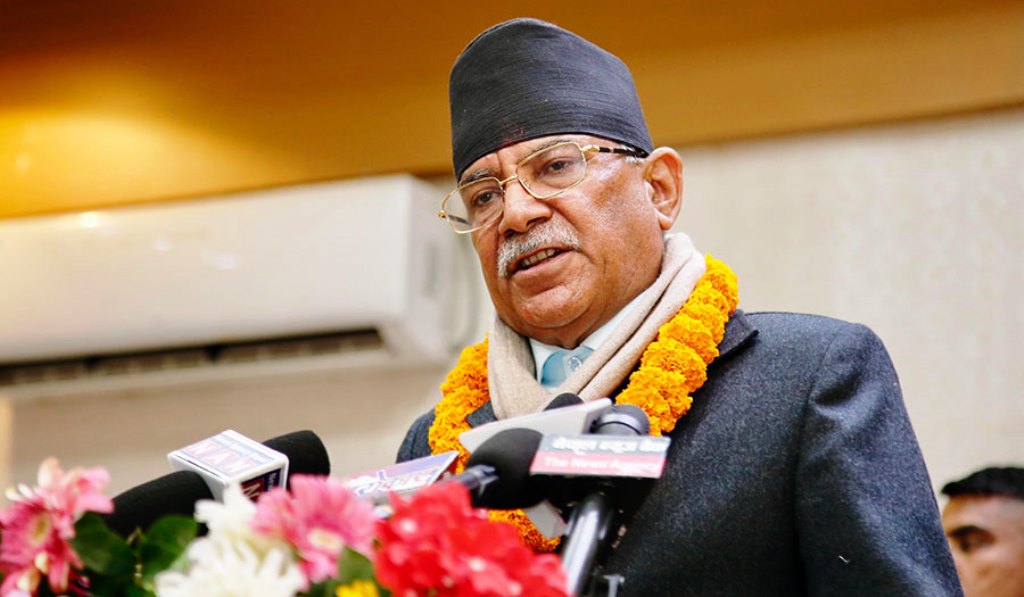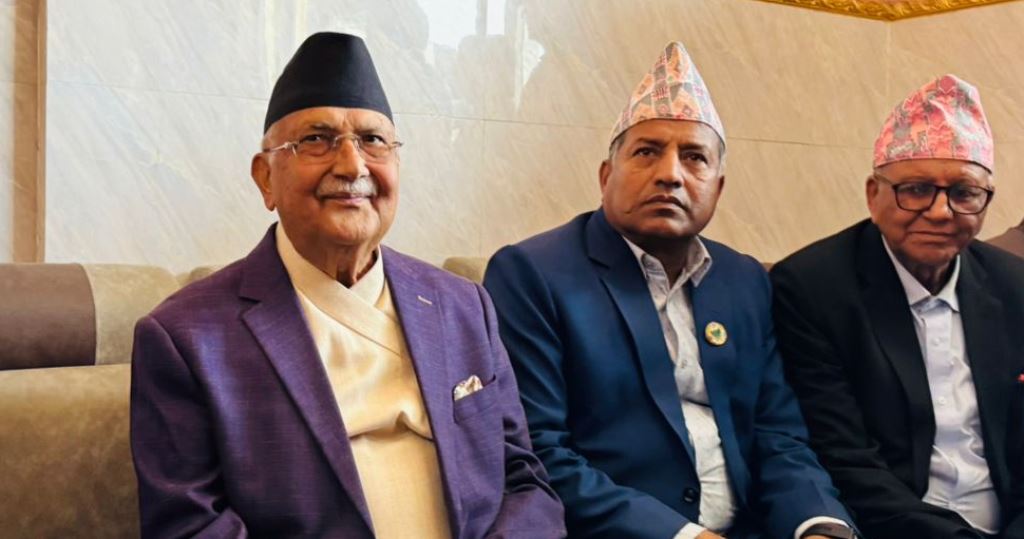Kathmandu, Sept 13, Minister for Home Affairs, Ram Bahadur Thapa, has said a voice has been raised regarding maintaining uniformity in the provision contained in the policy of issuing citizenship to a foreign woman married to the citizen of the country.
He was referring to the provision in the policy adopted by the neighbouring country by which the foreign woman marrying a citizen of that country is issued the citizenship in seven years of the marriage.
The Home Minister said this while responding to the queries raised by lawmakers during discussions on the Bill Designed to Amend the Citizenship Act, 2063 BS in the meeting of the State Affairs and Good Governance Committee of the House of Representatives today.
He said the government respects the committee’s right to make revisions, amendments to and corrections to the bill. Stating that the topic of how to remove the discrepancy seen in the provision of issuing the naturalized citizenship after seven years and on immediate basis, the Home Minister said although the government’s efforts were for forging general consensus on the issue of the natural citizenship, that environment was not yet forged.
“As the question of citizenship is very sensitive issue that is related to nationality, the dual citizenship due to the open border might have big impact on the nationality, security and development. We should also be mindful of the aspect of our special relation with India,” he said. The meeting of the committee was postponed for Saturday after lawmaker Ram Sahay Prasad Yadav sought time to study the reports containing the topics raised in course of the discussions.
Yadav said they were not informed about the options forwarded in case of naturalized citizenship by marriage and wanted to know what impact the existing provisions on providing the naturalized citizenship had on the nation that warranted amendment to them. The report prepared by the Committee has proposed to provide an identity card ensuring the social, economic and social rights instead of a naturalized citizenship immediately, and to provide the citizenship only after 7 years of the marriage.
However, a foreign husband of a Nepali woman shall be eligible for the citizenship only after 15 years of the marriage. Committee member Jhapat Rawal said discussions on the report which presented alternatives to the issue of naturalised citizenship would be held on Saturday.
The report incorporated the issues raised during the deliberations on the bill for a year. “Our daughters marrying men from neighbouring country having religious, cultural and social relations have to wait for seven years to be eligible for getting citizenship and in this context, why should we give them citizenship immediately after the marriage, and our constitution has not imagined of a situation to be overruled by the foreigners.”


